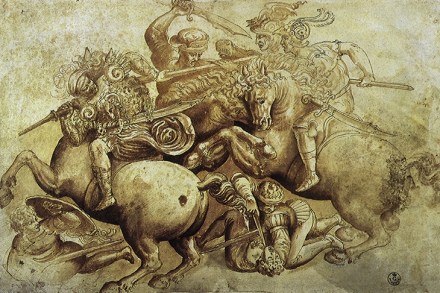The crusaders were not such incompetent zealots after all
One of the strange effects that modernist, progressive society has had on what the French Annales school would refer to as our civilisation’s mentalité is the almost complete attenuation of memory about what the crusades were, why they were fought and what part they played in a multi-century struggle between two successful, expansionary and universal







